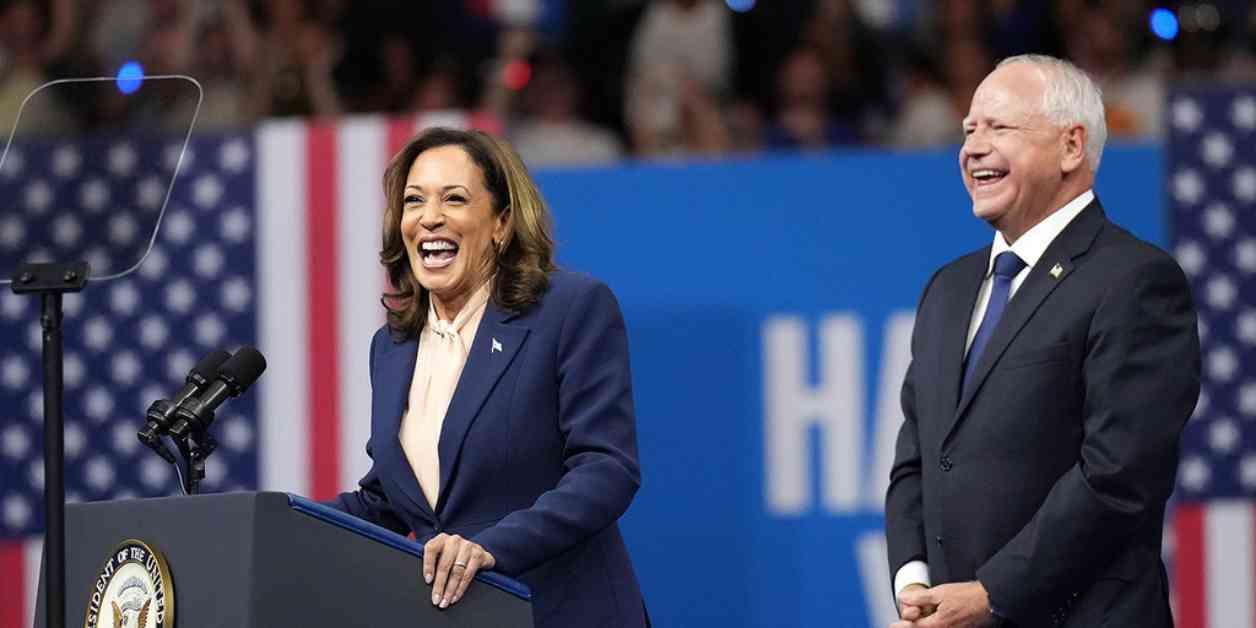Vice President Harris, the 2024 Democrat nominee, and running mate Tim Walz have both shown support for expanding voting rights for serious criminals. Last year, Walz, as the Minnesota governor, removed the requirement for felons to finish their terms of parole or other post-release supervision before being able to vote. This change allowed 55,000 former prisoners, all convicted of serious crimes, to vote after getting out of prison.
Harris, during her 2020 presidential bid, raised the possibility of allowing felons to vote from behind bars, going even further than the laws currently in place in Minnesota and other states. Some states only restore voting rights after the completion of post-release supervision, such as parole or probation.
After a nonprofit group sued to have the Minnesota law overturned, the state’s Supreme Court upheld it, ensuring that the voting rights expansion would remain in effect. While some support the idea of allowing inmates to vote from prison, others believe that there should be consequences for breaking the law. They argue that serious crimes deserve serious consequences, and allowing prisoners to vote could go too far.
In California, the debate over felon voting rights has gained traction. In 2020, voters eliminated the requirement for felons to finish their parole before regaining their voting rights. However, a new push is underway to allow felons to vote while still behind bars. This has sparked a discussion over the complexities of the issue, including the varying definitions of felonies across states and the potential consequences of allowing certain felons to vote.
While supporters of expanding voting rights argue for rehabilitation and against disenfranchisement, opponents believe that the worst offenders should lose their right to vote. The debate over felon voting rights remains a thorny political issue across the country, with differing opinions on who should be allowed to vote and under what circumstances.
The Trump campaign criticized the Minnesota measure, accusing Walz of trying to reshape Minnesota in the image of California. They highlighted Walz’s support for policies like allowing convicted felons to vote as evidence of his alignment with California’s liberal agenda.
Overall, the debate over expanding voting rights for felons continues to be a contentious issue, with strong arguments on both sides regarding the consequences of allowing serious criminals to participate in the democratic process.


